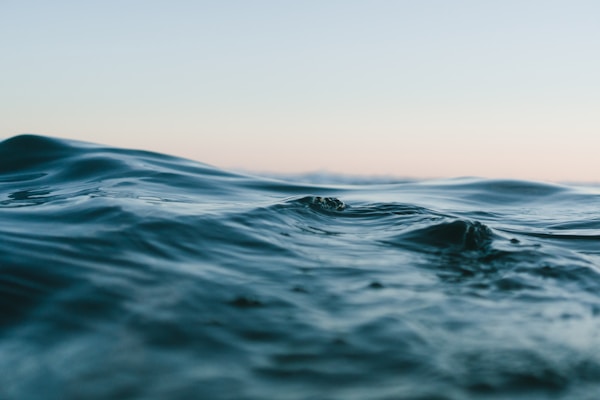
By Lauren Hansen, Staff Researcher/Writer | December 20, 2020
Chlorine in drinking water can have toxic effects on the human body, according to a study earlier this year. Long-term exposure to chemicals in drinking water can cause cancer.
Chlorine is a common chemical used to clean the drinking water supply in the United States. It kills parasites, bacteria, viruses, and germs in our water, but how safe is it?
Researchers found that chlorine may create harmful byproducts in water. This happens when it interacts with phenols. Phenols are naturally occurring chemical compounds in water. Also, phenols are in everyday hygiene products. Phenols may produce carcinogens (substances promoting cancer) upon contact with chlorine.
Chlorine has disinfected our water supply since the early 1900s. Because of it, we see fewer cases of diseases such as typhoid and cholera. But researchers discovered that the contact between chlorine and other chemical compounds in water can harm the human body.
Chlorine isn’t the only way to disinfect drinking water. Removing chlorine from water wouldn’t make the water supply less safe, says Carsten Prasse, the lead author of the study. For instance, European countries do not chlorinate their water. Alternatives include “ozone, UV treatment or simple filtration.” But Prasse warns that researchers should also further test these methods for potential health effects.
Prasse suggests researchers do more studies on the health impact of disinfectants, such as chlorine, on the water supply. If regulators know how to test the effects of disinfectants, they can take action to treat our water more safely.
Chlorine as a disinfectant to our water may be around for a while until researchers conduct more studies. Here’s what you can do now to stay safe and informed: